a beginner’s guide to emotional decluttering
the other day i opened my notes app to find 187 drafts: reminders, quotes, lists, arguments i never sent, random lines that meant something at some point. it took me an hour to realize half of them weren’t tasks, they were feelings. fragments of who i was in different moments. i scrolled through them like you’d flip through old clothes: some still fit, some didn’t, some i kept out of habit. that’s when it hit me: i treat my emotions the same way i treat my storage. i hoard.
we don’t think of emotional clutter the way we think of physical clutter, but it builds the same way: slowly and under the guise of usefulness. an apology you never got. a version of yourself that once made sense. a friendship you’re still performing. the message you keep rereading, trying to decode. these things take up psychic space. they sit somewhere in your system, humming softly, draining energy. emotional clutter doesn’t scream, it hums. and that hum keeps you from hearing yourself.
a few weeks ago i tried cleaning my closet. i made a playlist, brewed coffee, and decided this was going to be the big “life reset.” but halfway through, surrounded by piles of clothes, i felt this strange heaviness from the memories stitched into everything. the blazer from an internship where i spent more time pretending to be confident than actually learning. a dress from a trip that ended in an argument. the shoes i kept because they were expensive even though they hurt. i realized i wasn’t just sorting fabric, i was confronting old identities. the one who thought discipline would fix her anxiety. the one who confused ambition with self-worth. the one who was still trying to be someone else’s idea of stable. and that’s what emotional clutter is. it’s not just pain or heartbreak or nostalgia. it’s all the versions of you you’ve outgrown but haven’t yet buried. it’s the way you keep retelling the same story to prove you were right. it’s the mental draft of a conversation that will never happen. it’s the half-finished emotional laundry you never folded back into peace.
decluttering emotionally isn’t glamorous. it doesn’t feel like self-improvement; it feels like loss. you start by noticing what you’ve been carrying that you don’t need anymore. sometimes it’s not even grief, it’s guilt. guilt for not being more forgiving. guilt for leaving when it was time to go. guilt for not being the person someone needed you to be. guilt is one of the hardest things to throw out because it disguises itself as virtue. it makes you feel like a better person for holding on to it. but guilt is just emotional clutter wearing a halo. it keeps you stuck in maintenance mode: replaying scenes, defending choices, collecting invisible receipts. i’ve started treating guilt like i treat junk drawers. i open them every once in a while, take a look at what’s inside, and ask: do i actually need this? most of the time, i don’t.
the feeling of resentment: that slow-burning clutter that accumulates when we don’t say how we feel soon enough. resentment always feels righteous at first. it makes you believe silence is strength. but it doesn’t stay clean; it corrodes. and by the time you’re ready to let it go, it’s already left a mark. sometimes decluttering means saying the thing, not to be heard but to stop carrying it.
the hardest clutter to recognize is the emotional kind that looks like care. the worry that feels responsible. the constant mental scanning of other people’s moods. the “just checking in” texts that come from anxiety, not connection. we tell ourselves these are signs of empathy, but they’re often signs of overextension. when your care starts coming from fear instead of love, it stops being care. emotional decluttering means deciding what belongs to you and what doesn’t and returning what was never yours to carry.
for me, it often starts with something small. like scrolling through old messages and realizing how many i keep “just in case.” in case i need proof. in case i miss them. in case they text back. that “in case” is the emotional version of clutter. it’s the part of you that can’t close a tab because closure feels too final. and yet, keeping those tabs open doesn’t protect you — it just keeps your browser slow.
there was one message in particular i couldn’t delete. it was from someone i hadn’t spoken to in years, a simple line that once meant the world. i’d read it every few months like a ritual, convinced it held some secret code about how things fell apart. one night, i reread it and realized it was just words. not proof, not prophecy, just pixels. deleting it felt small and massive at the same time — like taking a deep breath after holding it for too long.
emotional decluttering, i’ve learned, isn’t an act of forgetting. it’s an act of returning. returning borrowed energy. returning responsibility that isn’t yours. returning stories to their rightful timeline instead of dragging them into the present. you don’t erase the past; you simply stop redecorating it.
sometimes i think our generation is addicted to emotional clutter because it feels like evidence that we’ve lived. we treat healing like a scrapbook — every scar and lesson must be catalogued. but you don’t have to archive everything to remember it. some lessons are meant to dissolve once learned. some stories don’t need to be retold to be honored.
when i feel full but can’t name why, i try to make a mental inventory. what’s still on repeat in my head? who am i trying to make understand? what memory still feels unfinished? i write these down like i’m cleaning out an inbox. some things get replies, some get archived, and some get deleted. it’s not a moral process; it’s administrative. you can love people and still remove their ghosts from your daily routine.
a therapist once told me the brain treats unresolved emotions like open loops — unfinished tasks that quietly consume your attention. every time you think, “i should’ve said something,” or “i can’t believe that happened,” your brain files it as pending. emotional decluttering is closing those tabs — not because you’ve solved them, but because you’ve accepted they won’t change. it’s psychological bookkeeping. once you clear those mental tabs, even silence feels lighter.
what’s strange is that emotional clarity doesn’t look peaceful right away. at first, it feels empty. the noise is gone, and in its place is quiet you don’t know what to do with. it feels suspicious, almost lonely. but that stillness isn’t absence; it’s space. and space, when you’re used to chaos, can feel like grief.
you don’t wake up one day decluttered. you just notice, over time, that your internal space feels different. you no longer reach for explanations that hurt you to hold. you no longer reread old messages to remember who you were. you stop narrating your pain like a job description. and slowly, you realize there’s energy left over — to read, to rest, to live.
emotional decluttering is about being clearer and when you start clearing enough of the noise, what’s left isn’t emptiness — it’s peace disguised as simplicity. the kind that doesn’t announce itself, but sits gently in the background, waiting for you to notice.
that’s the thing about emotional decluttering — it’s not a single purge; it’s a habit. you don’t do it once and become healed. you do it often enough that you start to notice the early signs of accumulation. the tightness in your chest when you read an old name. the way your shoulders tense when someone brings up the past. the fatigue that isn’t physical but psychic. those are reminders to tidy up again. to return to yourself.
i think we all have emotional storage units somewhere. little corners of our psyche filled with keepsakes of who we were when we didn’t know better. i’ve stopped trying to empty mine completely. i just visit it sometimes, dust the shelves, and remind myself that i’ve moved out. i live here now — in this calmer, airier, quieter place. the one that feels like room to breathe. and that’s what decluttering is really about. not minimalism, not detachment, but presence. making enough space inside yourself to actually live where you are, not where you’ve been.





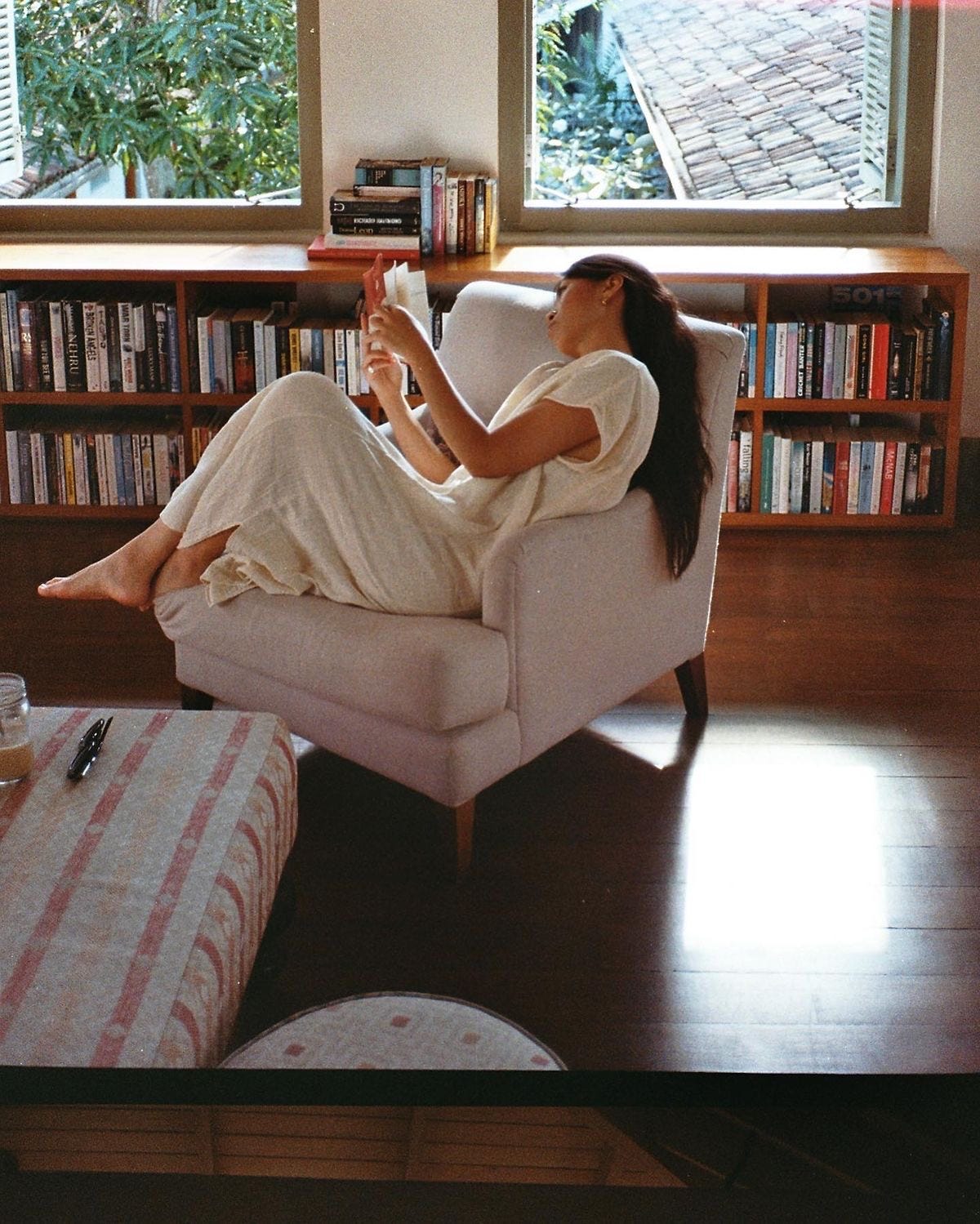
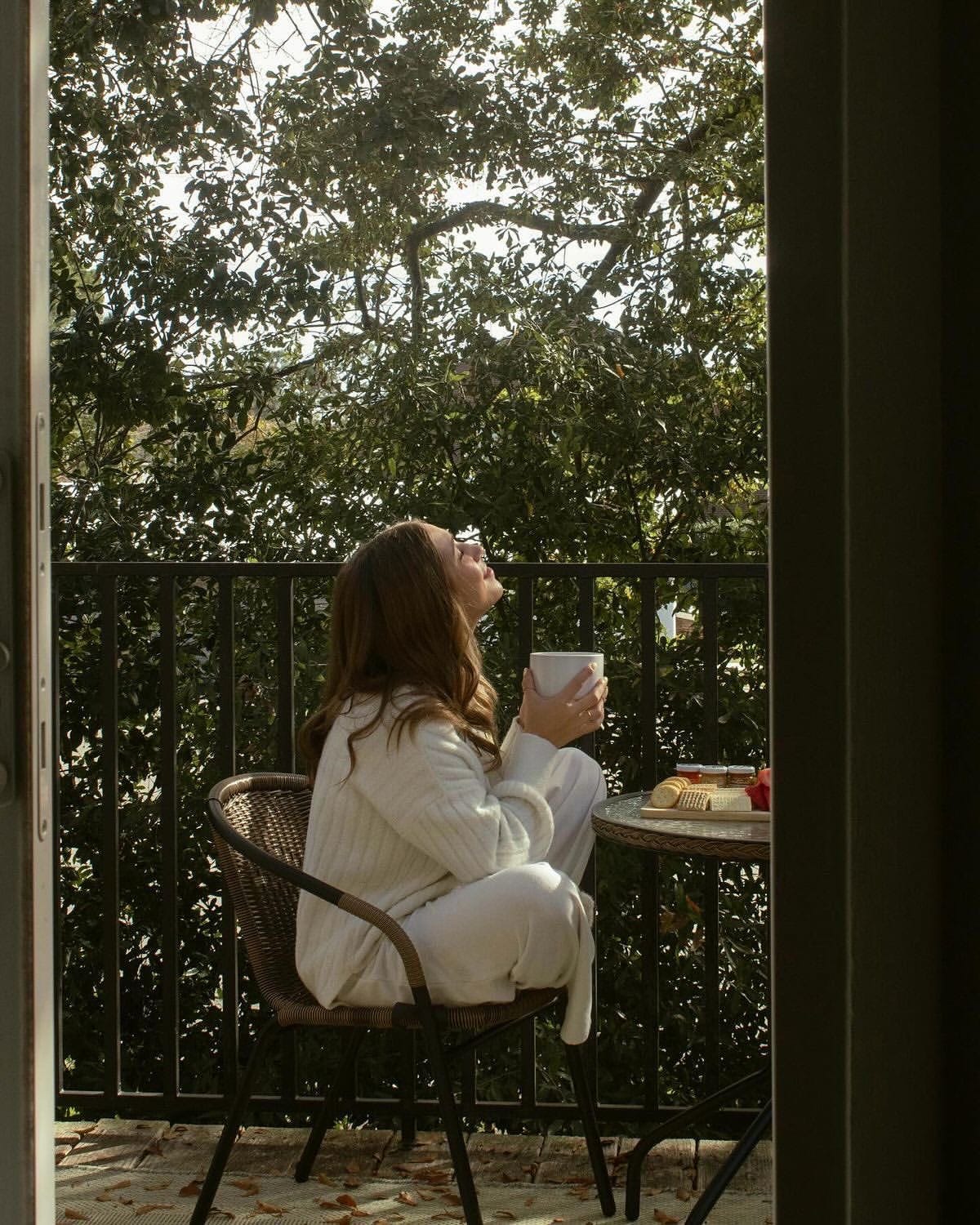
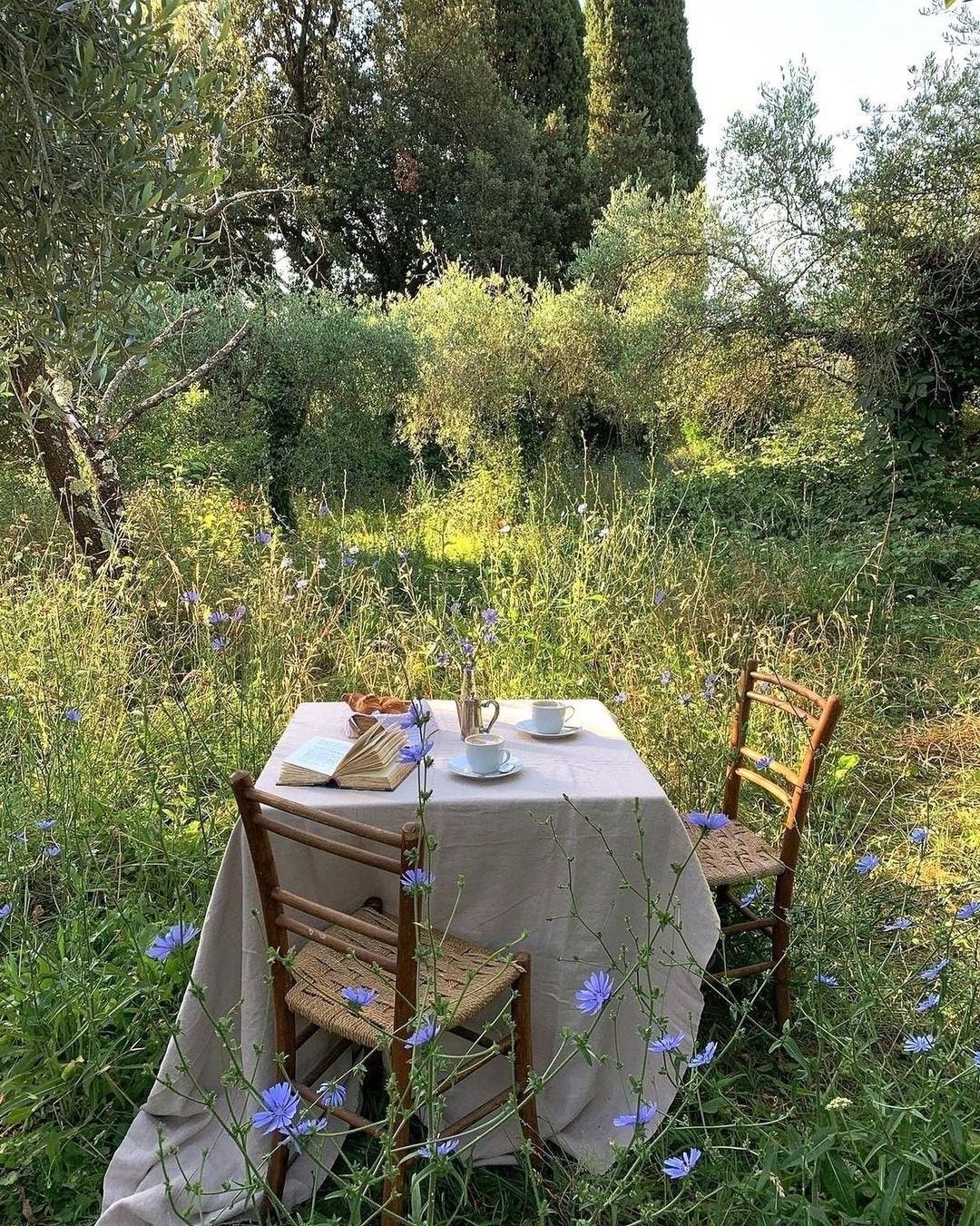
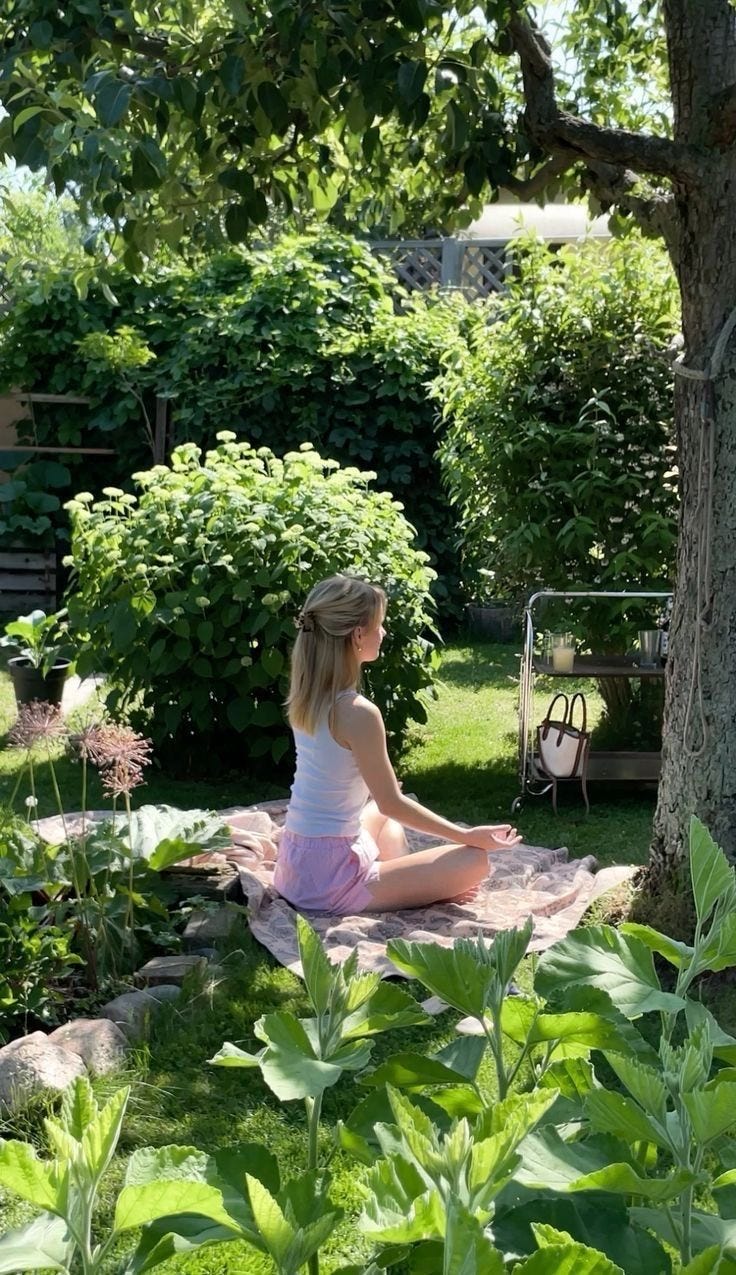
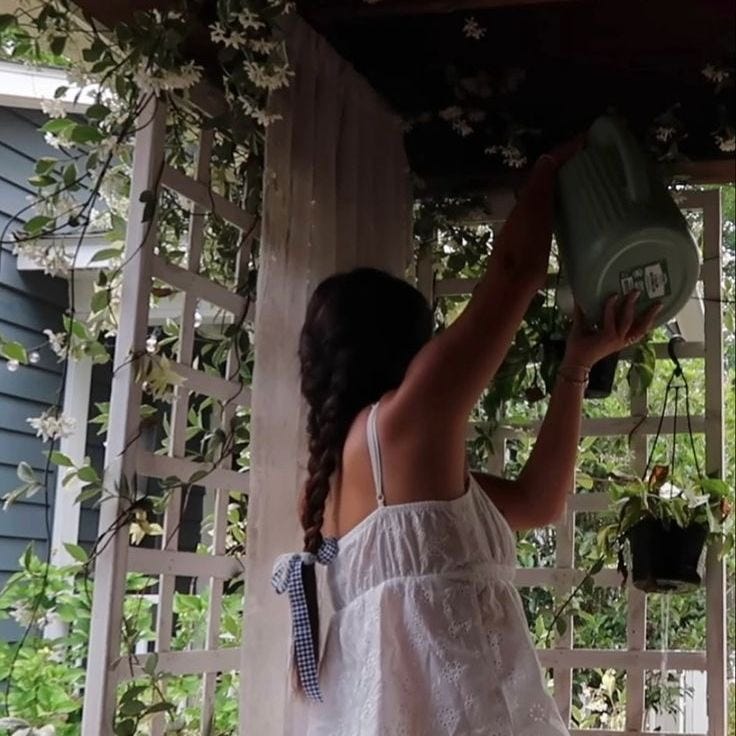
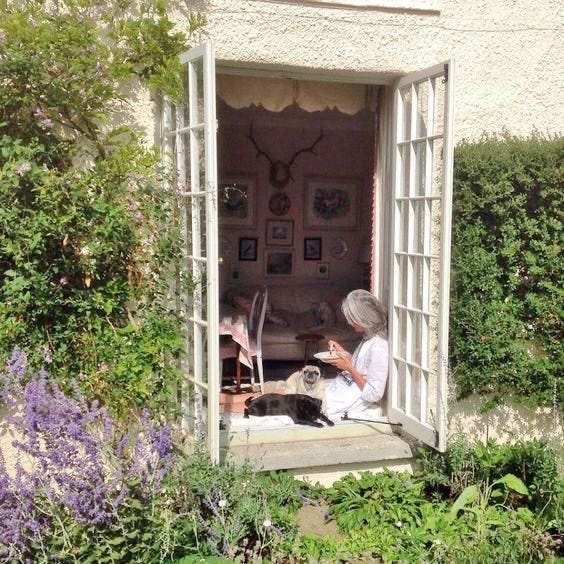
This really really spoke to me. I was just looking at email drafts I never sent that haunt me. Finally deleted!! I didn't know I could delete those. I thought I'd hold onto the unsent confessions forever. I hope to learn I can declutter and move forward and create space, starting with this one small, but also very big, step. Thank you for this <3
This is so bang on the money. I guess my challenge is how to let go or grieve when you try to declutter and the feeling won't go away. The emotional challenge won't resolve even when you face it. You've spoken your truth to a person and it hasn't shifted the energy. How do you close THAT tab?